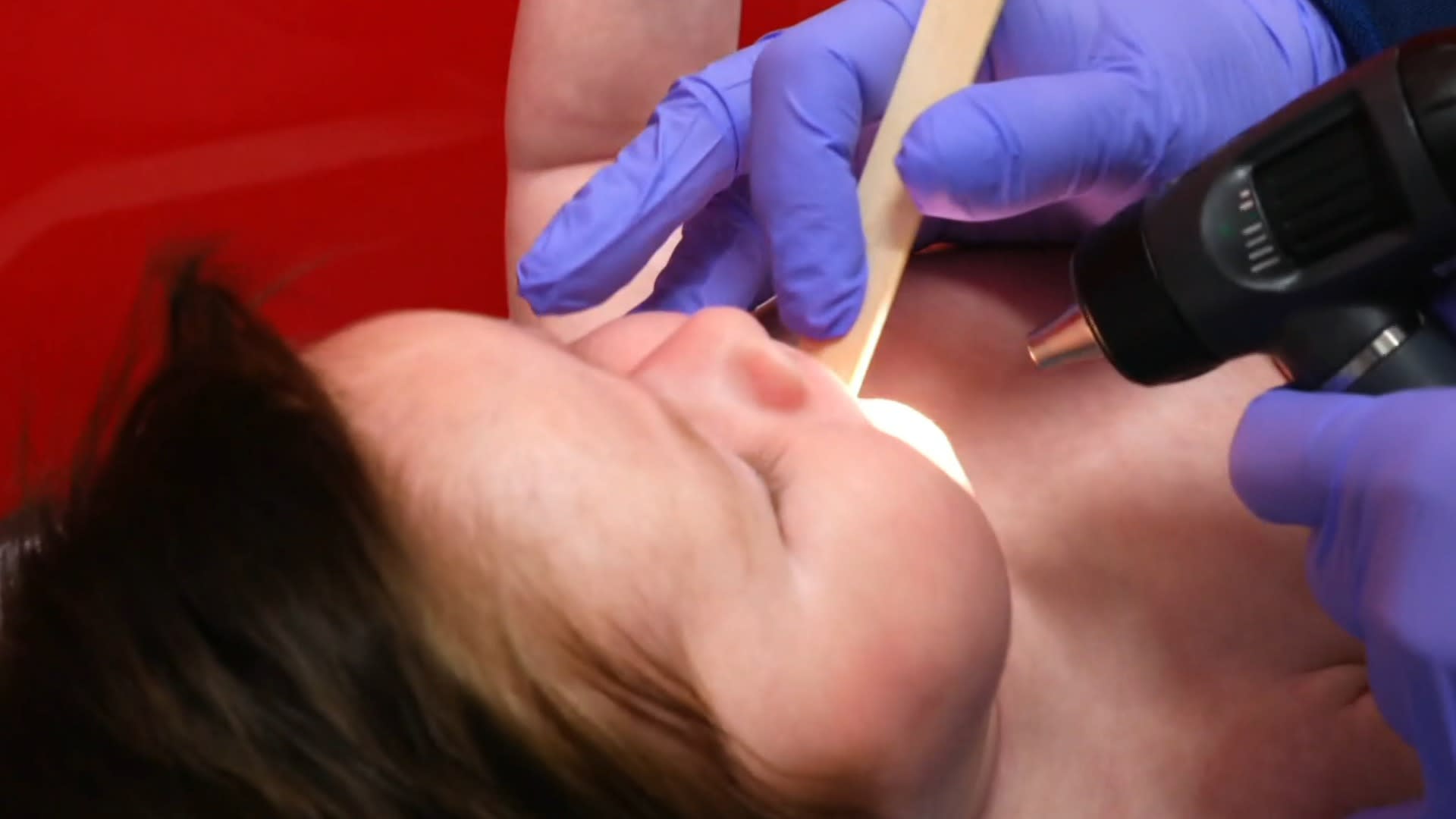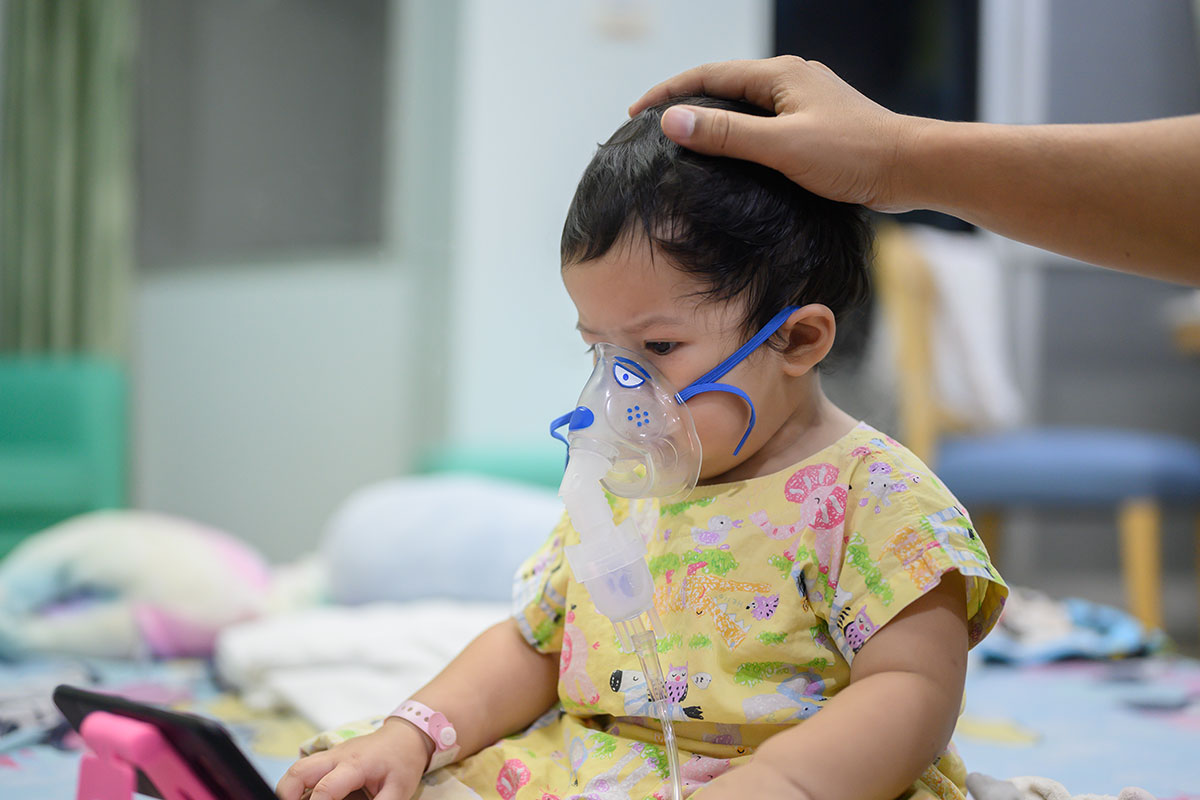As the specter of another severe Respiratory Syncytial Virus (RSV) season looms, pediatricians find themselves grappling with persistent shortages of a vital new drug heralded as a game-changer since its approval in July.

Respiratory Syncytial Virus Vaccine Rollout Sparks Concern and Frustration Among Pediatricians, Critics Say (Photo: Yahoo News)
Vulnerable Populations at Risk
In a recent report published by ABC News, in November 12, 2023, Respiratory Syncytial Virus (RSV), a common respiratory virus, poses a significant threat to young children, claiming lives and sending thousands to hospitals annually, as reported by the Centers for Disease Control and Prevention (CDC). The anticipation of a challenging season is underscored by increased Respiratory Syncytial Virus circulation last year, prompting growing concerns among medical professionals.
Amid the worrisome scenario, newborns under 6 months, prematurely born babies, and those with underlying health conditions face heightened risks of Respiratory Syncytial Virus. A recent Pediatrics study revealed the disproportionate vulnerability of American Indian and Alaskan Native children, extending into their second year of life. This heightened risk the urgent need for effective interventions, making the shortage of nirsevimab, a monoclonal antibody touted as a powerful tool against Respiratory Syncytial Virus (RSV) hospitalizations, a cause for significant concern.
Despite the promising potential of nirsevimab, the drug faces significant supply constraints, leaving pediatricians frustrated and communities at risk. A 5-day pause on nirsevimab orders through the Vaccines for Children (VFC) program has raised questions about equitable allocation, exacerbating challenges for Medicaid-eligible and uninsured children.
READ ALSO: Cities In New Mexico: Unsafe Locations Amidst Its Natural Beauty
Supply Constraints and Frustration Among Pediatricians
In a report released by CBS News, the weight-based dosing of the drug has fueled high demand, leading to a strain on the available supply. Transparency issues from the manufacturer add another layer of complexity, hindering the formation of an equitable allocation plan by health agencies.
In response to these challenges, the CDC released new recommendations on Oct. 23, prioritizing vulnerable groups, including infants under 6 months combat with constant changes in recommendations, inequitable access, and a lack of availability.
As the CDC, manufacturers, and health agencies work to address these issues, the looming Respiratory Syncytial Virus (RSV) crisis highlights the urgent need for collaborative solutions to ensure the timely and equitable distribution of crucial interventions like nirsevimab.
READ ALSO: Social Security Check: Exploring The Average Size For Middle-Class Retirees
























